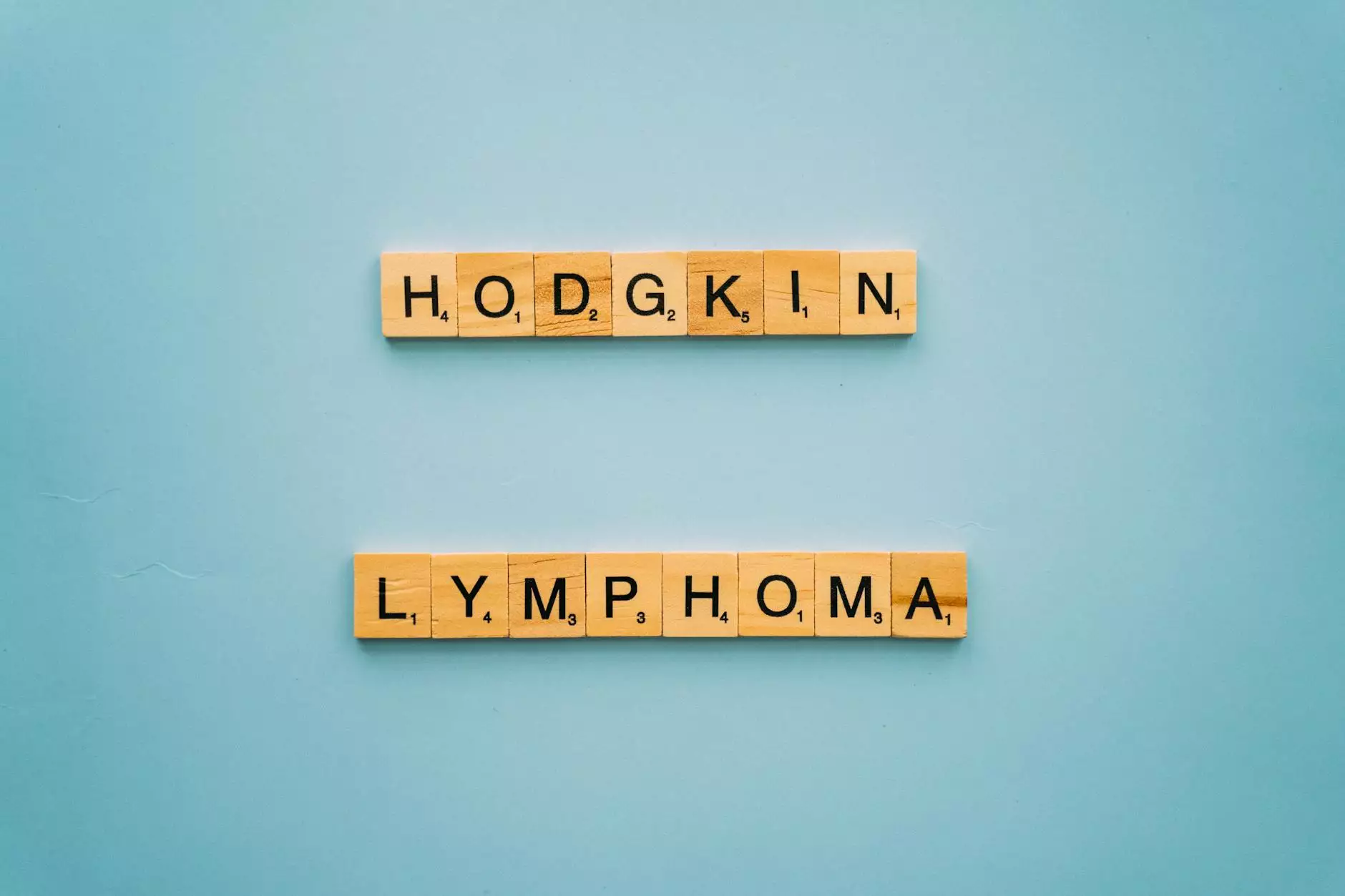Understanding the Role of Oncology Doctors in Modern Healthcare

In the intricate realm of modern healthcare, oncology doctors play a pivotal role in not just treating cancer but also supporting patients and families during their most challenging times. With cancer being one of the leading causes of death globally, the demand for skilled oncology professionals is ever-increasing. In this article, we will delve into the multifaceted world of oncology, highlighting the expertise of oncology doctors, the innovative treatment options available, and the essential role they play in holistic patient care.
What is Oncology?
Oncology is the branch of medicine that focuses on the diagnosis, treatment, and prevention of cancer. It encompasses a vast range of services, including surgery, chemotherapy, radiation therapy, and immunotherapy, among others. Oncology doctors, also known as oncologists, are the medical professionals who specialize in this field. Their training equips them with the knowledge to navigate the complexities of cancer treatment, making them essential members of the healthcare team.
The Role of Oncology Doctors
The role of oncology doctors is comprehensive and involves several key responsibilities:
- Diagnosis: Oncology doctors utilize advanced diagnostic tools such as imaging studies, blood tests, and biopsies to identify the presence of cancer and determine its type and stage.
- Treatment Planning: After diagnosis, they develop a tailored treatment plan that may combine various modalities to effectively combat cancer.
- Coordination of Care: Oncologists work alongside a multidisciplinary team of healthcare professionals, including surgeons, radiologists, and nurses, to provide coordinated, holistic care.
- Patient Education: They educate patients and their families about cancer, treatment options, and potential side effects, ensuring that they are fully informed to make decisions about their care.
- Follow-Up Care: Oncology doctors monitor patients’ progress throughout treatment and after its completion, addressing any long-term effects or recurrence of cancer.
Types of Oncology Doctors
Oncology is a diverse field that encompasses various specializations. The main types of oncology doctors include:
- Medical Oncologists: Specialists in the administration of chemotherapy and other pharmacologic treatments.
- Surgical Oncologists: Surgeons who focus on the removal of tumors and surrounding tissues to treat cancer.
- Radiation Oncologists: Experts in using radiation therapy to treat cancer, often collaborating with other oncologists.
- Pediatric Oncologists: Oncologists dedicated to treating cancer in children, considering the unique aspects of pediatric care.
- Gynecologic Oncologists: Focus specifically on cancers of the female reproductive system, such as ovarian, cervical, and uterine cancers.
Innovative Treatments and Technologies
The field of oncology is continuously evolving, with new treatments and technologies enhancing the ability of oncology doctors to fight cancer. Here are some of the most notable advancements:
1. Targeted Therapy
Targeted therapy focuses on specific molecules involved in cancer cell growth and survival. By understanding the genetic makeup of a tumor, oncology doctors can prescribe medications that specifically target cancer cells while sparing healthy cells. This approach not only enhances the effectiveness of treatment but also reduces the side effects commonly associated with traditional chemotherapy.
2. Immunotherapy
Immunotherapy leverages the body's immune system to fight cancer. Oncology doctors utilize various methods, such as monoclonal antibodies, checkpoint inhibitors, and CAR T-cell therapy, to enhance the immune response against tumors. This has proven to be a game-changer for many patients, particularly those with advanced cancers that do not respond to conventional treatments.
3. Precision Medicine
Precision medicine involves tailoring treatment based on the individual characteristics of each patient and their cancer. Utilizing advanced genomic testing, oncology doctors can identify specific biomarkers that influence how a patient's cancer will respond to certain treatments. This personalization leads to improved outcomes and minimizes unnecessary therapies.
4. Clinical Trials
Oncology doctors often participate in or refer patients to clinical trials, providing access to cutting-edge treatments not yet widely available. These trials are crucial for advancing cancer care and discovering new therapies. Patients who enroll in clinical trials may benefit from innovative treatments and contribute to the overall fight against cancer.
Empathetic Patient Care: The Human Side of Oncology
Beyond the technical aspects of treatment, the human connection established between oncology doctors and their patients is paramount. Cancer is a disease that affects not only the physical body but also the emotional and psychological well-being of individuals and their families. Oncology doctors are often tasked with delivering life-altering news and guiding patients through some of the most challenging times in their lives.
Building Trust and Communication
Effective communication is essential. Oncology doctors must convey complex information in an understandable way, ensuring that patients grasp their situation and treatment options. Establishing trust is equally crucial; patients should feel confident in their doctor's guidance. A compassionate approach helps cultivate this trust, allowing for open discussions about fears, expectations, and preferences.
Support Beyond Treatment
Oncology doctors recognize that their role extends beyond treatment alone. They often collaborate with social workers, psychologists, and nutritionists to provide comprehensive support. This interdisciplinary approach addresses the varied needs of patients, including mental health, emotional support, and dietary considerations. Follow-up care and survivorship programs are also vital in helping patients transition post-treatment.
The Future of Oncology
The future of oncology is promising, with ongoing research and technological advancements paving the way for better diagnosis, treatment, and patient care. Innovations in artificial intelligence are set to improve diagnostic accuracy and treatment planning, while continued exploration of genetic therapies offers hope for more personalized and effective treatments.
Conclusion
Oncology doctors stand at the forefront of the battle against cancer, armed not only with scientific knowledge but also with compassion and empathy. Their expertise, combined with revolutionary treatment approaches, is transforming the landscape of cancer care. As we look to the future, the focus remains on improving outcomes, enhancing quality of life, and providing unwavering support to those affected by cancer. By understanding the critical roles oncology doctors play, we can better appreciate the complexities of cancer treatment and the significance of compassionate care in the healing process.









